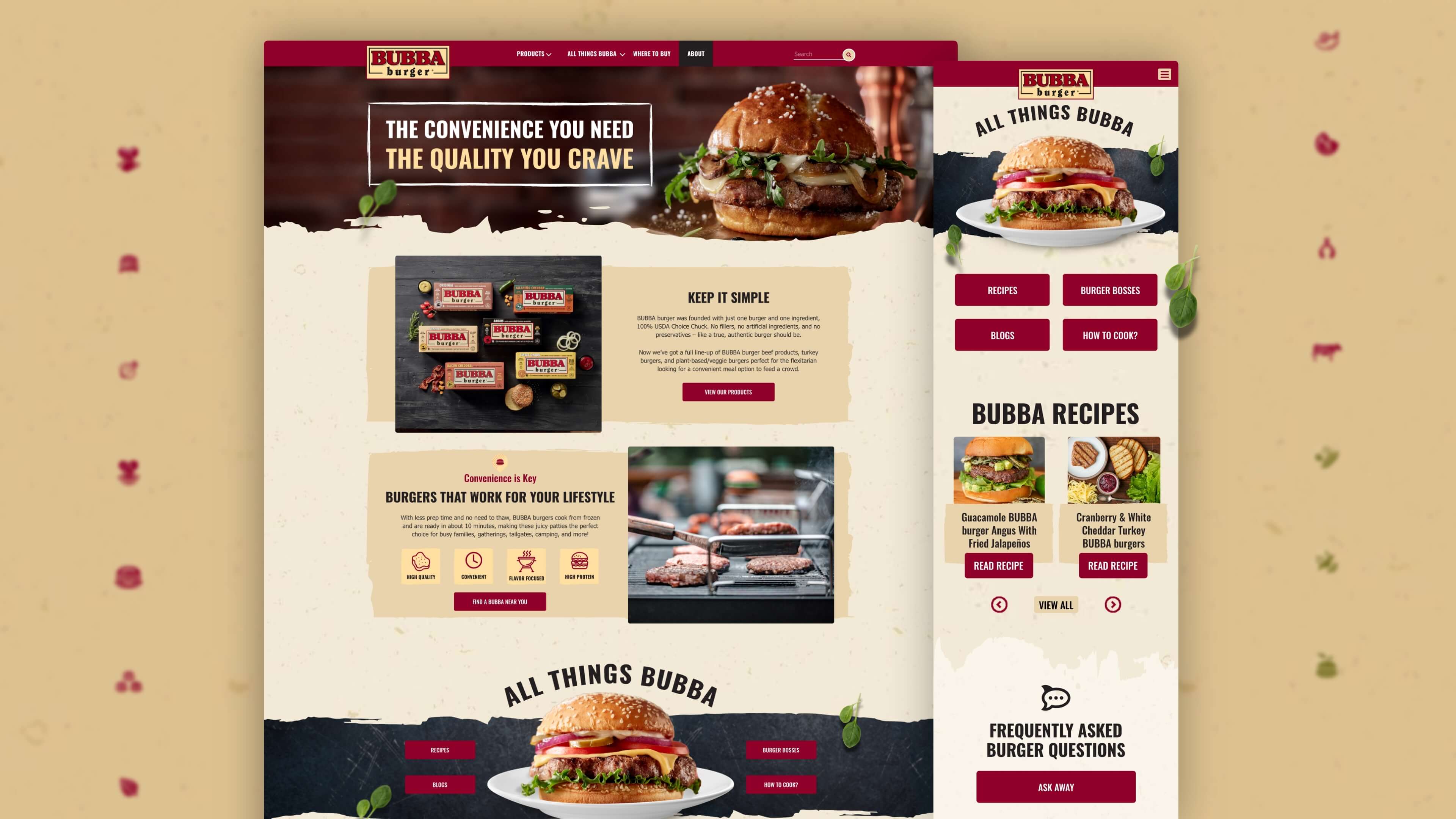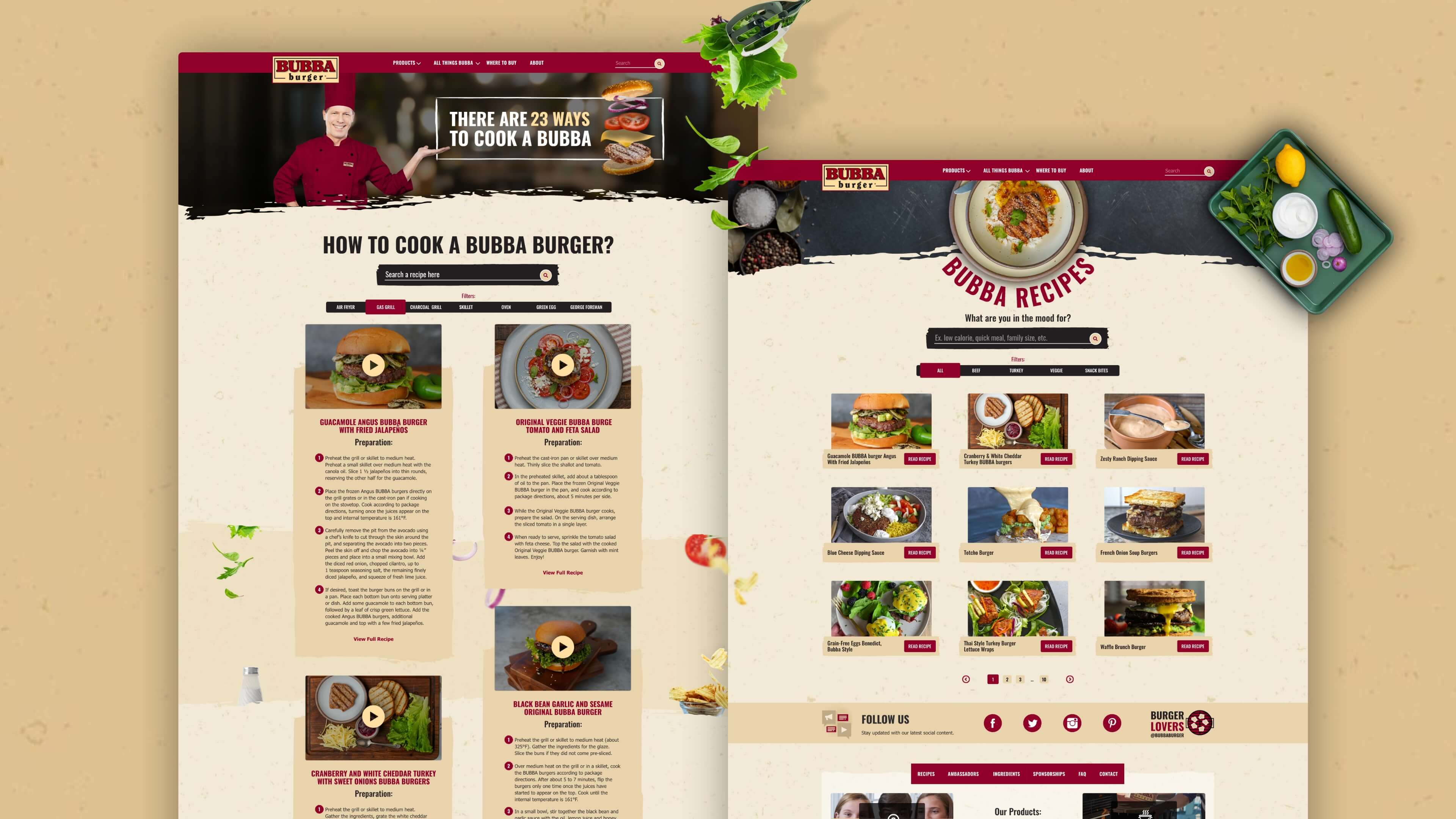WHY ARE CUSTOM WEBSITES SO EXPENSIVE? PART THREE: THE VALUE PROPOSITION OF CUSTOM WEBSITES
Written by 5ivecanons Staff
Congrats! You made it to part three. (These intros are starting to sound like online courses.) We’re so proud of you and hope you’re learning a lot.
So far, we’ve covered the “what” and “how”, learning about the work that goes into custom websites and what factors need to be considered when building them. If you need a refresher, check out the links below:
Now it’s time for the “why”. Let’s do it!
UNDERSTANDING THE VALUE OF CUSTOM WEBSITES
Investing in a custom website provides businesses with a powerful tool that enhances brand identity, improves user experience, and offers scalability and flexibility that template-based solutions cannot match. With better SEO, higher conversion rates, and improved performance and security, a custom website is a strategic asset that can drive long-term success and growth.
BRAND IDENTITY & COMPETITIVE ADVANTAGE
Unique Design & Features: A custom website with unique features and designed specifically to reflect your brand’s identity, ensures that it stands out from competitors and builds trust with visitors and potential customers.
Tailored Branding: Consistent use of brand colors, fonts, and imagery helps establish and reinforce brand recognition.
Adaptability: A custom website can quickly adapt to changes in the market or technology, keeping your business ahead of the competition
CREDIBILITY AND PROFESSIONALISM
Professional Appearance: A well-designed custom website conveys professionalism and credibility, which can help build trust with potential customers.
Positive First Impression: A unique and high-quality website makes a strong first impression, which is crucial for attracting and retaining customers.
ENHANCED USER EXPERIENCE (UX) & ENGAGEMENT
Responsive Design: Ensures the website works seamlessly across all devices. For example, provide a consistent experience for users whether they are on a desktop, tablet, or smartphone.
Intuitive Navigation: A custom website can be designed with user-friendly navigation, making it easier for visitors to find what they’re looking for, which can increase engagement and reduce bounce rates.
SEO OPTIMIZATION
Better Search Rankings: Custom websites can be optimized for search engines from the ground up. This improves your chances of ranking higher in search results.
Targeted Content: Allows for the creation of highly targeted and relevant content, improving visibility and attracting the right audience.
IMPROVED PERFORMANCE AND SECURITY
Faster Load Times: Custom websites can be optimized for speed, leading to better user engagement and retention.
Enhanced Security: Custom-built sites can incorporate advanced security measures tailored to your specific needs, reducing the risk of breaches.
TAILORED FUNCTIONALITY
Specific Business Needs: Custom websites can include functionalities that are specifically designed to meet your business requirements. Sone of these needs include advanced e-commerce features, custom forms, or unique interactive elements.
Integration with Business Tools: Seamless integration with existing business tools and software, therefore, enhancing overall operational efficiency.
LONG-TERM COST EFFICIENCY
Reduced Maintenance Costs: Custom websites are built to be robust and scalable, potentially reducing long-term maintenance and update costs.
Investment in Quality: While the initial investment may be higher, the long-term benefits of a custom website often outweigh the costs, providing better ROI over time.
CONCLUSION: THE VALUE PROPOSITION OF CUSTOM WEBSITES IS HIGHLY IMPORTANT FOR BUSINESSES
First, you learned what goes into custom websites. In addition, we covered the factors we consider when building them. And now you understand the value proposition of custom websites for businesses. Time for part four, where we explain how a custom website will generate ROI for your business. See you there!



